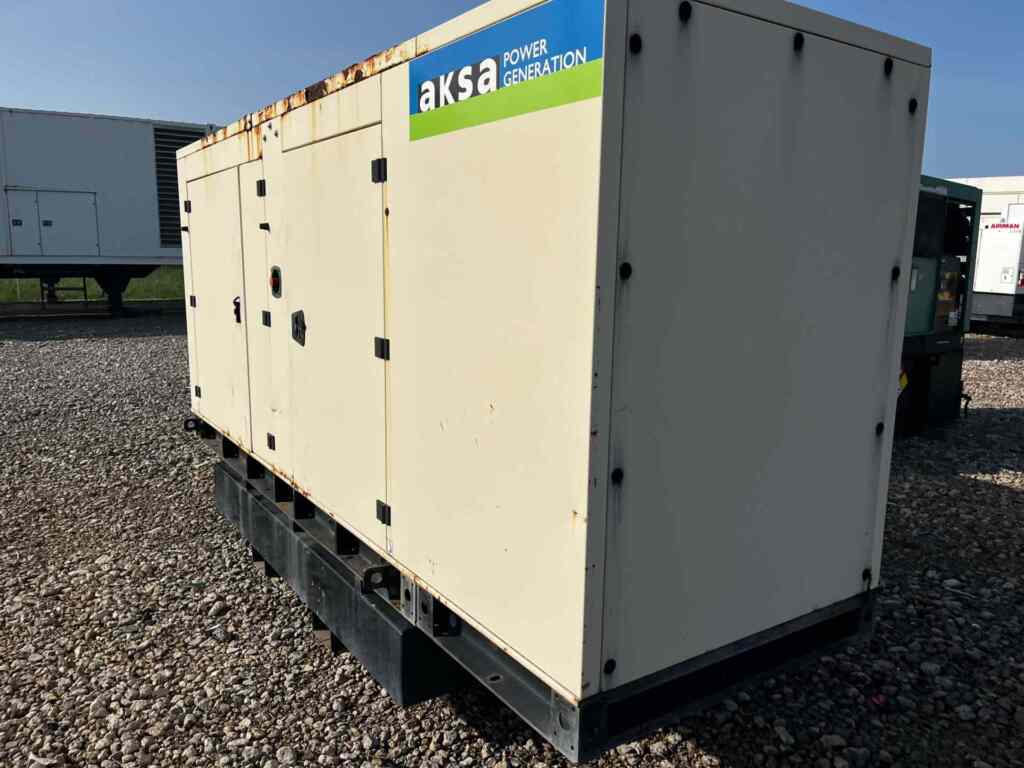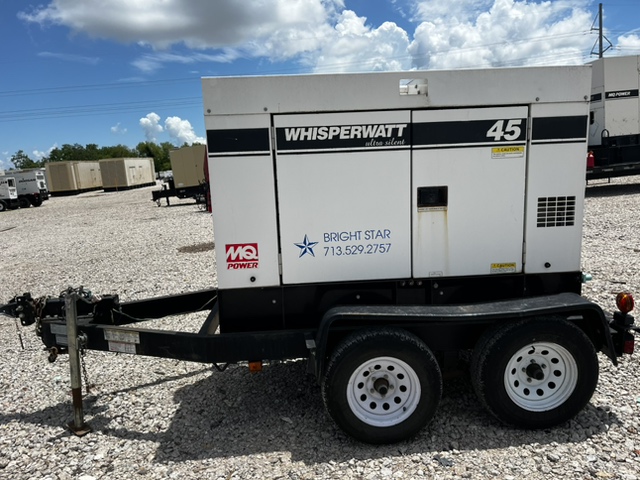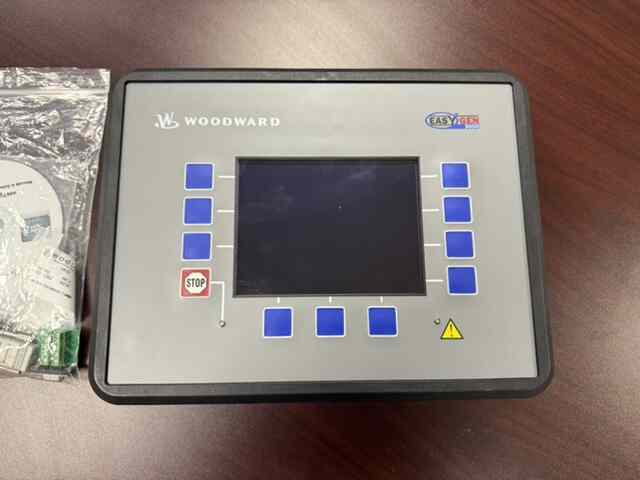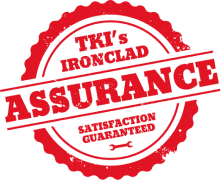Before you buy a diesel generator for your commercial facility or industrial job site, you will need to understand diesel exhaust fluid, or DEF. Diesel exhaust fluid is a blended solution of high-purity urea and deionized water that is used to reduce pollution in diesel engines. Generator DEF is introduced into the generator’s exhaust stream to neutralize harmful nitrogen oxides before they enter the atmosphere.
DEF fluids have long been used in truck engines, but have more recently become required in other, smaller engines. Using DEF is a way of meeting EPA standards without compromising engine performance or fuel efficiency. Diesel exhaust fuel (DEF) is not a fuel additive and is stored in separate tanks.
Know The EPA Requirement For Diesel Generators
Today’s larger Tier 4 engines require fuel and diesel exhaust fluid (DEF) to operate. This is because generators built after January 2015 follow Tier 4 Engine requirements instituted by the EPA. Most Tier 4 generators are built to handle larger jobs, so this may not be a concern if you are purchasing a smaller generator for your facility or job site. However, if you do need to purchase a T4F generator, make sure it is compliant with the latest regulations.
Most mobile generators within the T4F category can be equipped with both diesel and DEF tanks for your convenience. This makes housing the diesel exhaust fluid (DEF) easier and makes the fluid accessible for operators. It is also worth mentioning that DEF requirements only cover generators that are used as primary power sources. If you are purchasing a diesel generator solely for an emergency, that generator will have less stringent requirements.
Used Generators And EPA Regulations
The biggest challenge you face when buying a used diesel generator is its age. Age can play an important role in assessing service and maintenance needs, as well as any necessary upgrades, but it also will tell you if the generator you are interested in purchasing will meet EPA regulations and compliance standards within your region. Before purchasing a used diesel generator, consider its manufacture and installation dates. A generator manufactured or installed before January 2015 will need to undergo upgrades in order to make it compliant with current DEF standards. This can greatly add on to your bottom line, meaning the purchase is not as good a deal as it looks at first glance.
The Ins And Outs of Diesel Exhaust Fluid (DEF)
If you have a diesel generator that requires generator DEF, you will have to learn how to check the diesel exhaust fluid to make sure that your generator is in working order at all times. Here are a few quick basics that will help you keep your generator in top shape:
- Know how much DEF your generator needs to run. A good rule of thumb for generators is that DEF consumption will be about 10 percent of diesel consumption. Tanks can be sized at 10 percent of the fuel storage requirements. Pump and pipe systems for replenishment can be sized as well for about 10 percent of the diesel systems.
- Is diesel exhaust fuel (DEF) corrosive? Yes, the de-ionized water in the mixture makes it corrosive. Generator pumps, valves, tanks, piping, and sensors should all be stainless steel so that they do not corrode. Plastics and fiberglass may be suitable for some applications as well since these materials can resist corrosion.
- What low-temperature Issues do I need to be aware of? DEF Freezes at 12F ( -11C). However, the mixture can be stored inside a heated space to maintain an optimal temperature. If you plan to store your DEF outside, it should be housed in insulated tanks and piping with heaters.
- What high-temperature problems do I need to be aware of? DEF Degrades at 85F (30C). Limiting high temperature to less than 85F (30C) will ensure a minimum of 12 months shelf life. DEF should be stored in insulated tanks in cool and shaded spaces. In warmer climates consider a DEF chiller system to assure quality and save money on replacement.
The quality of your generator DEF can be affected by a high DEF to diesel ratio (known as over-dosing); contamination of DEF by improper storage or handling methods; diluting DEF with too much water; cold weather, which prevents engine operation; and contamination with other fluids being introduced into the DEF tank. If you check your diesel exhaust fluid regularly, you can prevent these issues from occurring. However, if your diesel exhaust fluid (DEF) is deteriorating, you may experience reduced DEF effectiveness or equipment failure.
Properly storing your generator DEF and maintaining your equipment can prevent this from happening. Routine maintenance and upgrades can ensure that you get many years of use out of your used diesel generator. Staying on top of all requirements and local ordinances is key to making a smart purchase, especially if you are buying used.
 Turnkey Industries offers a variety of high-capacity
Turnkey Industries offers a variety of high-capacity 





